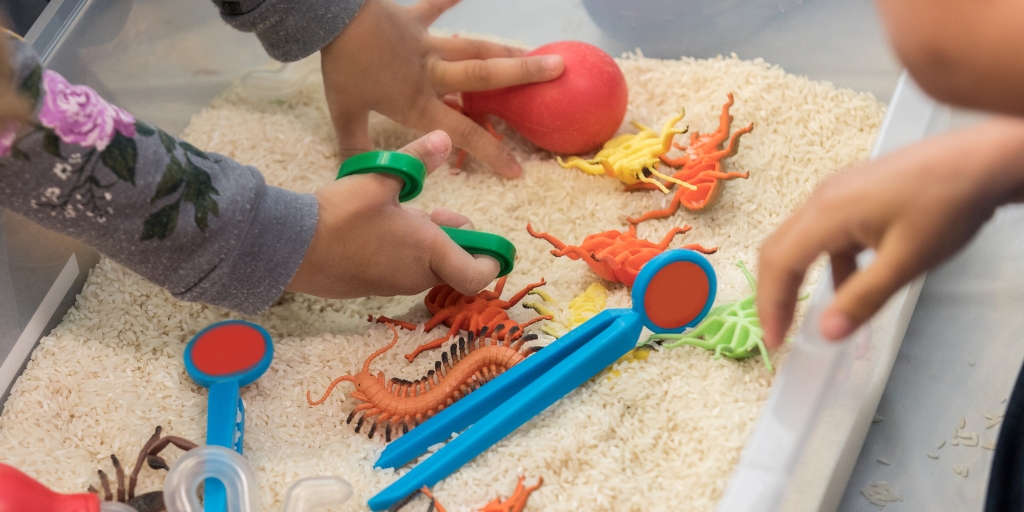Why Sensory Play Matters: Enhancing Perception in Early Years
Sensory play is a vital component of early years development, offering young children opportunities to explore the world through their senses. Engaging in activities that stimulate touch, taste, sight, sound, and smell helps children build crucial cognitive and physical skills while enhancing their perception of their surroundings. Here’s why sensory play matters and how it contributes to early childhood development.
1. Building Cognitive Connections
Sensory play is a powerful way to support early years development because it helps children make connections between different sensory inputs and their environment. For example, when a child plays with sand, they learn how it feels, how it moves, and how it can be shaped. These experiences help to form neural pathways in the brain, which are essential for cognitive development. The more sensory experiences a child has, the stronger these connections become, aiding in memory retention, problem-solving, and critical thinking skills.
2. Developing Fine and Gross Motor Skills
Engaging in sensory play also promotes the development of both fine and gross motor skills. Activities like squeezing playdough, pouring water, or digging in a sandbox require precise hand movements that enhance fine motor skills. On the other hand, sensory activities that involve larger movements, such as jumping into a ball pit or running through sprinklers, contribute to the development of gross motor skills. These motor skills are crucial for early years development, as they lay the foundation for more complex physical abilities later in life.
3. Enhancing Language and Communication
Sensory play can significantly boost language development and communication skills in young children. When children engage in sensory activities, they often describe what they’re experiencing, whether it’s the texture of a material or the sound it makes. This process of verbalising sensory experiences helps expand their vocabulary and improves their ability to communicate effectively. Additionally, sensory play often involves interaction with peers or caregivers, which further enhances social communication and collaboration skills.
4. Supporting Emotional and Social Development
Sensory play is not only beneficial for cognitive and physical development but also plays a crucial role in emotional and social growth. Through sensory activities, children can learn to manage their emotions, such as feeling calm when playing with soothing textures like soft fabric or stress relief when squeezing a stress ball. Furthermore, when children engage in sensory play with others, they develop important social skills like sharing, taking turns, and cooperating, all of which are essential for early years development.
Sensory play is a fundamental aspect of early years development, offering a wide range of benefits that support a child’s growth and understanding of the world. By providing children with diverse sensory experiences, caregivers and educators can nurture well-rounded individuals who are better equipped to perceive and interact with their surroundings. Embracing sensory play is an effective way to foster holistic development in the early years.
Contact your local Early Learning Centre today to discover how we can support your child’s development through engaging sensory play activities!
YOU MIGHT ALSO LIKE TO READ:
The Importance of Play to a Child’s Physical, Mental, and Social Development
We understand how important your child’s physical, mental, and social development is to you, it’s important to us as well. Your Local Early Learning Centre, explains how learning through play supports your child’s development in these key areas. – READ MORE






